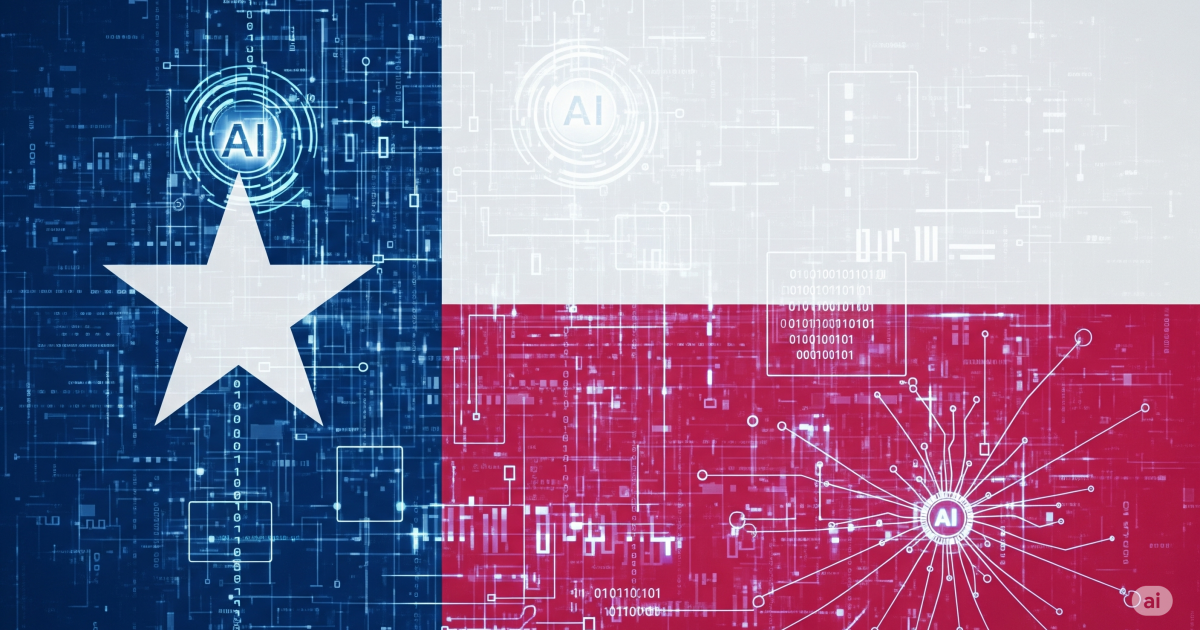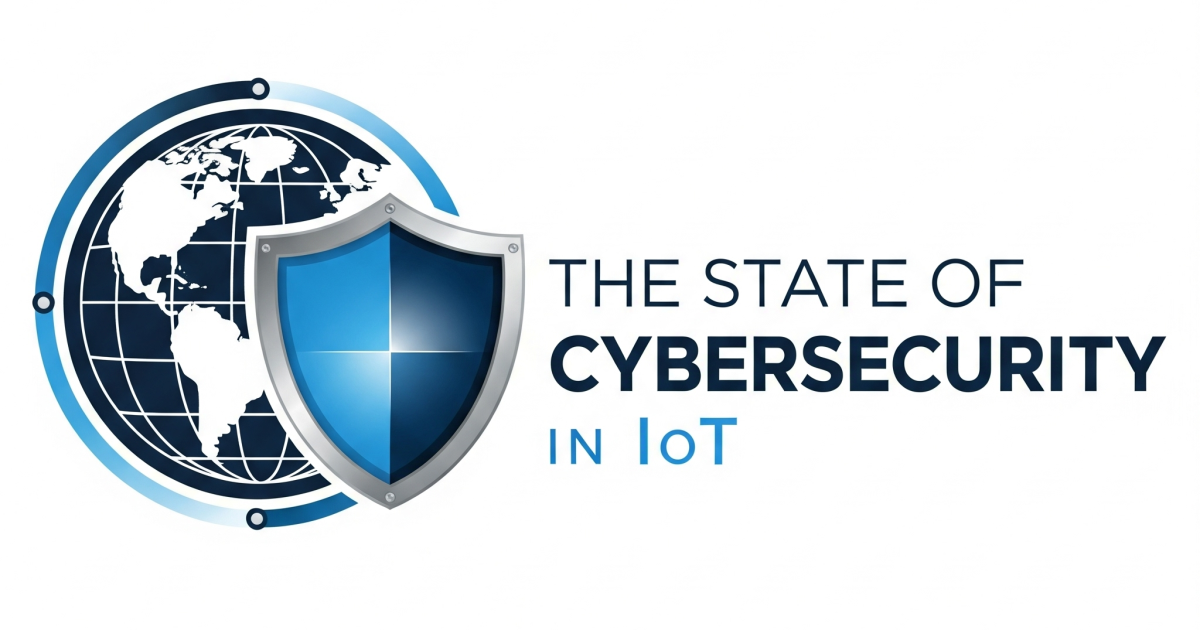Automakers are losing billions of dollars on electric vehicle (EV) investments. Industry executives are reasonably less than bullish about their prospects. Most car buyers prefer gas-powered vehicles.
Yet, despite such potholes, mass EV adoption is likely to happen sooner rather than later because the technology expected to power these machines, most notably the Internet of Things (IoT), is coming along quickly.
As consumers, we all know what’s keeping us from purchasing EVs or hybrid vehicles. Most of us know the world’s oil reserves will vanish within decades . But, we still buy cars and trucks with combustion engines because they are fun. We have emotional connections to machines that roar to life, race down the road, and star in high-octane films like The Fast and the Furious , Baby Driver , and Days of Thunder .
At the same time, many businesses and consumers shun EVs because they think they are too expensive and worry about locating charging stations and how far they might be able to go on a single charge. According to a recent ValuePenguin survey :
36% of Americans say pricing is their top issue with EVs
24% stress about finding charging stations, and
12% are anxious about EVs running out of juice and stranding them.
Whether such concerns are valid is up for debate. There have been plenty of studies showing EVs can be less expensive to own and operate than their gas-guzzling counterparts and that charging them is not only affordable, but more feasible than people think. Regardless, such perceptions have stalled adoption of EVs, which account for an estimated 10% to 40% of new vehicles sold, depending on the country.
Why IoT for EVs Makes Sense
Emerging technology like IoT will not directly solve issues like up-front costs. But, I believe it will go a long way toward making EVs much more attractive to businesses and consumers alike. Why?
Well, for one thing, most people care very deeply about the environment, even if they’re not yet committing to EVs. In fact, a recent survey by Norfolk Southern found 88% of consumers research a manufacturer’s sustainability initiatives before purchasing a vehicle, and 69% would choose one brand over another if it held sustainability certification for manufacturing and transportation processes.
IoT technologies for vehicle sensing and analytics could address these preferences by automatically pulling EV and hybrid vehicle data to help them operate more efficiently, control fuel consumption, and minimize greenhouse gas emissions from tailpipes (because yes, EVs can pollute). Such technology could also help drivers choose the most energy-efficient routes and limit idling time to save fuel and power. Idling for just 30 seconds, by the way, wastes more fuel than restarting an engine. In addition, the technology could be used to monitor employee driving styles and make them aware of how their behavior could be burning too much fuel, leading to unacceptable emission levels, or putting lives at risk.
Conversely, this technology could also be used by auto insurers to track their customers and offer better rates for good driving, as a major EV manufacturer in Texas reportedly started doing in October 2021.
On top of environmental benefits, IoT technology can help offset business and consumer concerns about running out of power at the wrong time. In fact, coming satellite technology will not only bring cellular connectivity to remote areas but will connect with sensors aboard vehicles to locate them within centimeters of their positions. This means fleet managers could remotely monitor company-owned vehicles and direct them to compatible charging stations or EV mechanics when needed. Some fleets already use cloud-based telematics for this. Scania Trucks , for example, reportedly utilizes IoT sensors to track various vehicle data to find, diagnose, and ultimately address possible maintenance issues.
Hidden Benefits
IoT technology could also facilitate transactions between EVs and local businesses. In Newberry, UK, for instance, various vendors are testing what they call a Digital Asset Broker (DAB) platform . The idea is that drivers of EVs containing this technology would receive real-time information on the status and compatibility of the closest charging points. Once identified, the system would use blockchain technology to verify the trustworthiness of that business and allow the exchange of data and payments over secure and encrypted connections. It’s thought this same system could be used to help drivers find, book, and pay for digitally enabled parking lots or garages as well.
IoT technology could also prove incredibly useful for the manufacturing of EV parts, which contributes to their seemingly higher up-front costs. Most people don’t realize how involved component production can be. It takes around 1,000 welds, for example, to produce batteries and electric motors for a single EV. If you multiply that by thousands of cars or trucks, it can quickly overwhelm the human capacity to keep pace.
But, at its Dunton Technical Center in Essex, UK, Ford Motor Co. is utilizing a 5G mobile private network (MPN), which can operate at speeds of up to 1 Gbps. This enables the automaker to capture images at every stage of its laser-welding process and analyze them with artificial intelligence (AI) to identify any areas needing adjustment or re-welding. The 5G MPN also helps Ford optimize maintenance to eliminate unnecessary downtime in the production line and reduce manufacturing delays.
While promising, I would not for a second suggest IoT alone will propel EVs into mainstream adoption. There are simply too many boxes that need to be checked first. The entertainment industry, for example, will need to grease the skids of acceptance by including EVs in popular television shows and movies. Popular media often leads the way on social and cultural trends, and EV adoption will likely depend upon it as well. Automakers will also have to continue designing, expanding , and aggressively marketing their lineups of fully electric and hybrid vehicle models. We’ll need continued federal investment to roll out nationwide, fast-charging infrastructure. Most importantly, component costs and shortages will need to be resolved for automakers to offer more attractive purchase prices. Finally, auto buyers will need to forego their love of combustion engines and accept the inevitable.
All signs point to EV adoption ahead. It might take a few years. But with IoT and other enabling technology continuing to evolve, it’s becoming much easier to see this future in our headlights.
About the author: Erik Kling joined Vodafone in September 2010 and is currently leading the Vodafone IoT business in the Americas as Head of Sales. He most recently held the position of Vice President IoT New Business Development. His responsibilities include building and developing the IoT domestic team including the Latin America region, driving IoT solutions into Vodafone’s large multinational accounts, along with additional customers and markets and defining, developing and nurturing the IoT ecosystem. He has more than 25 years of experience in the communication technology field covering hardware, software, services and solution elements of the industry. Erik has held senior sales and product management roles at Siemens Communications and wireless startup companies along with over 15 years specifically in the IoT space. Erik’s experience has spanned the globe with multiple roles in Europe, based in Spain and Germany and over 10 years in the Americas. Erik was born in Germany, and lived in Spain, Mexico and Canada.
Edited by
Erik Linask





